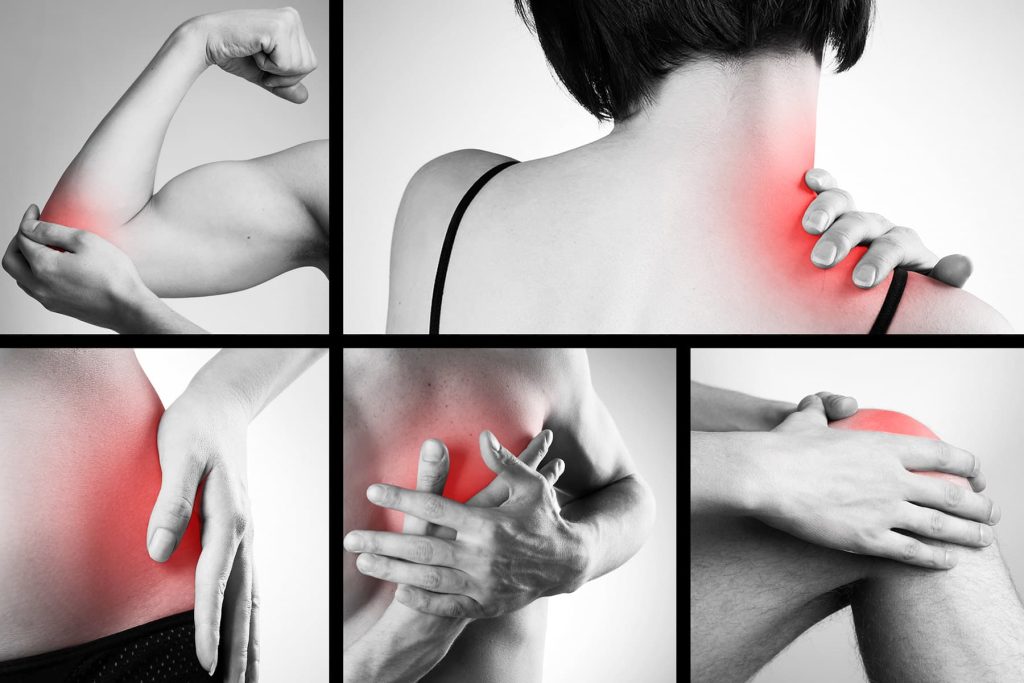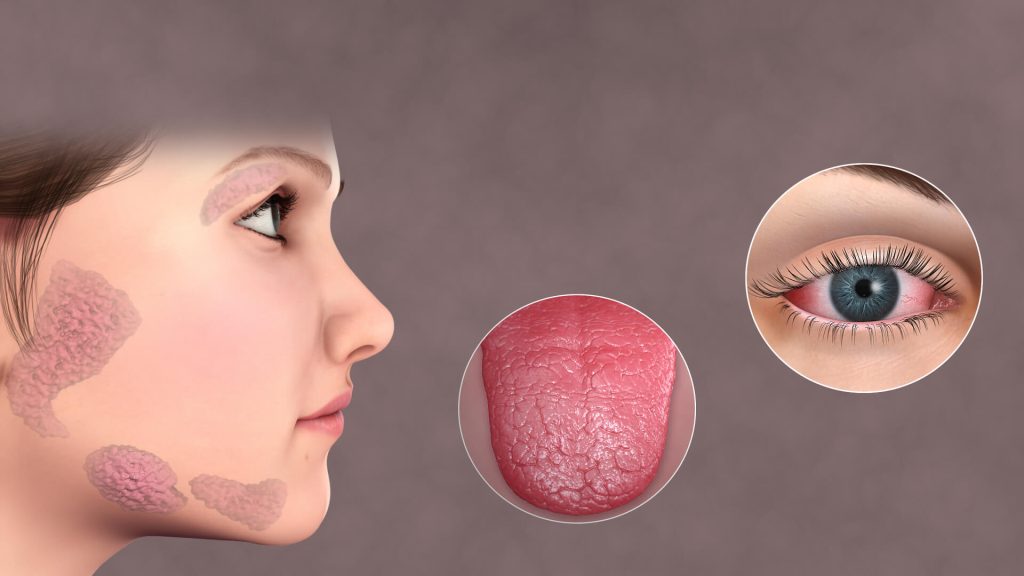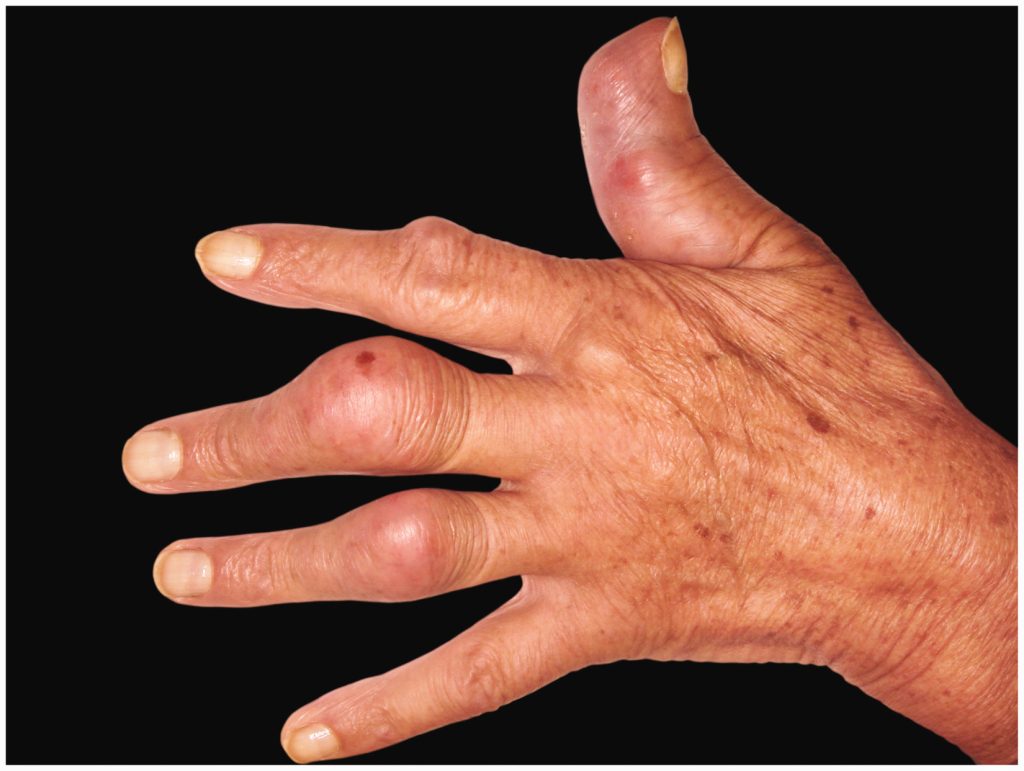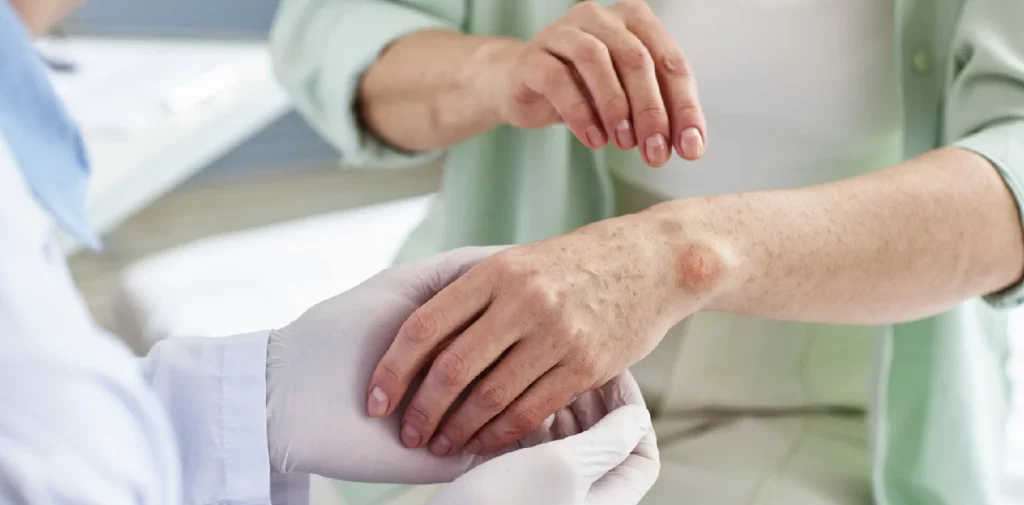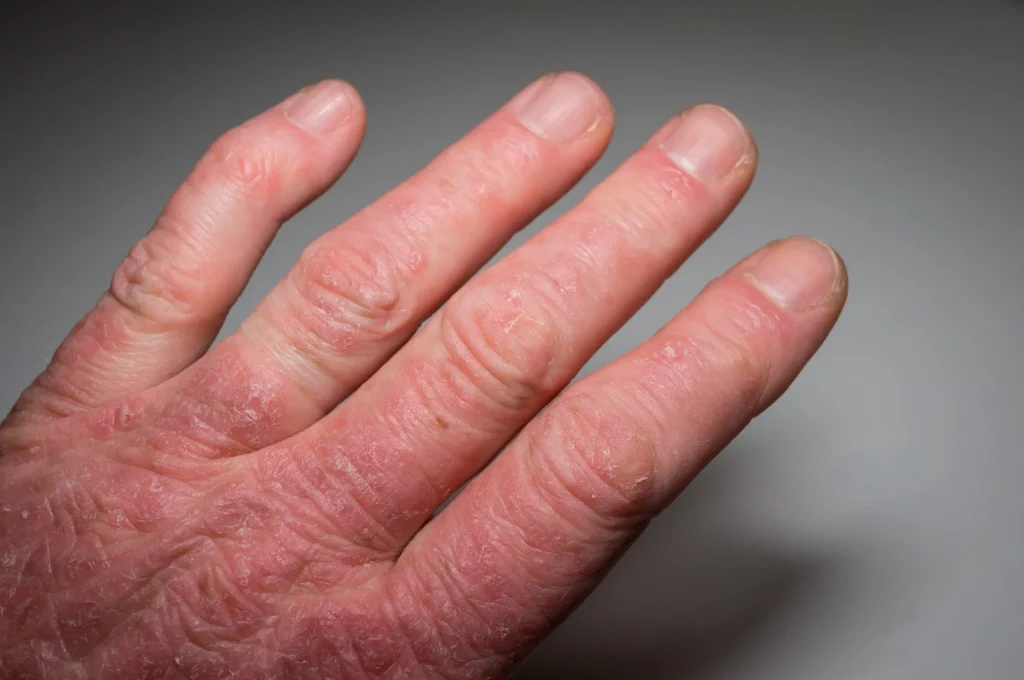Biologic Drugs in Rheumatology: How They Work
Rheumatoid diseases are challenging. They cause chronic inflammation. Traditional treatments help some. Many patients need more options. Biologic drugs offer new hope. They work differently than older medicines. Understanding their action is crucial. They Work Differently Than Older Medicines Older drugs suppress the immune system broadly. This can lead to side effects. Biologics are more…
Read more


